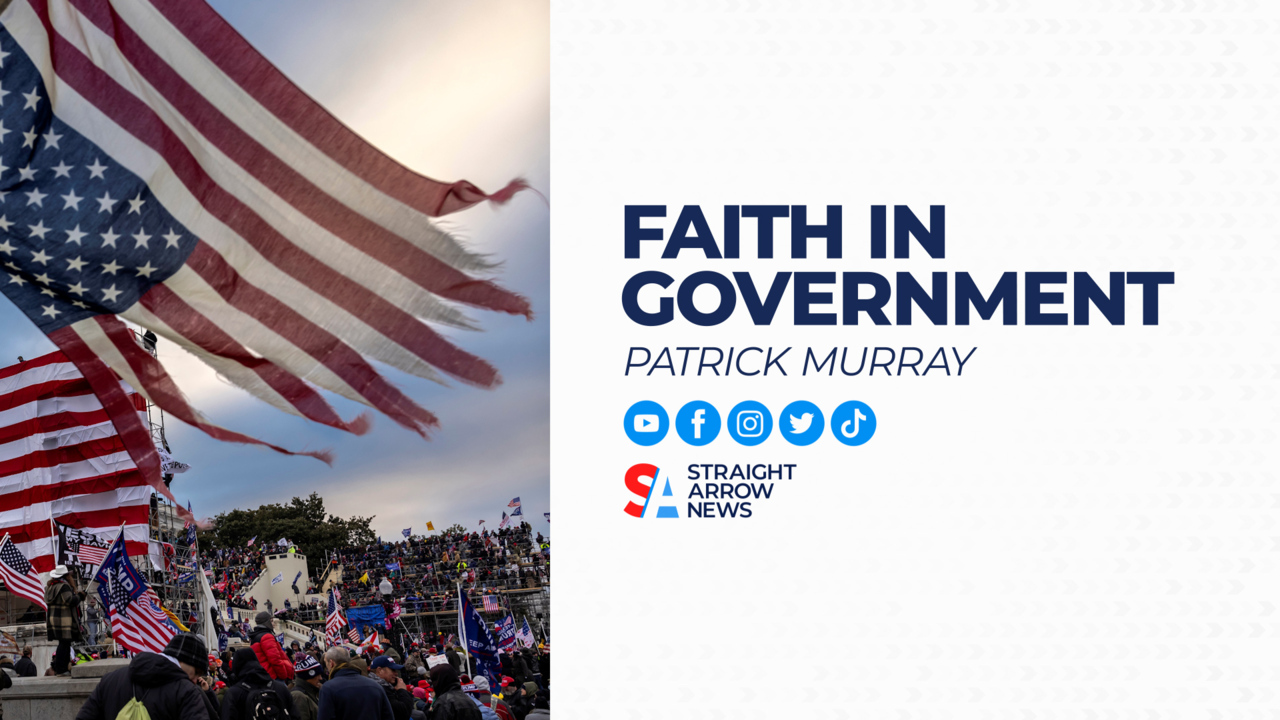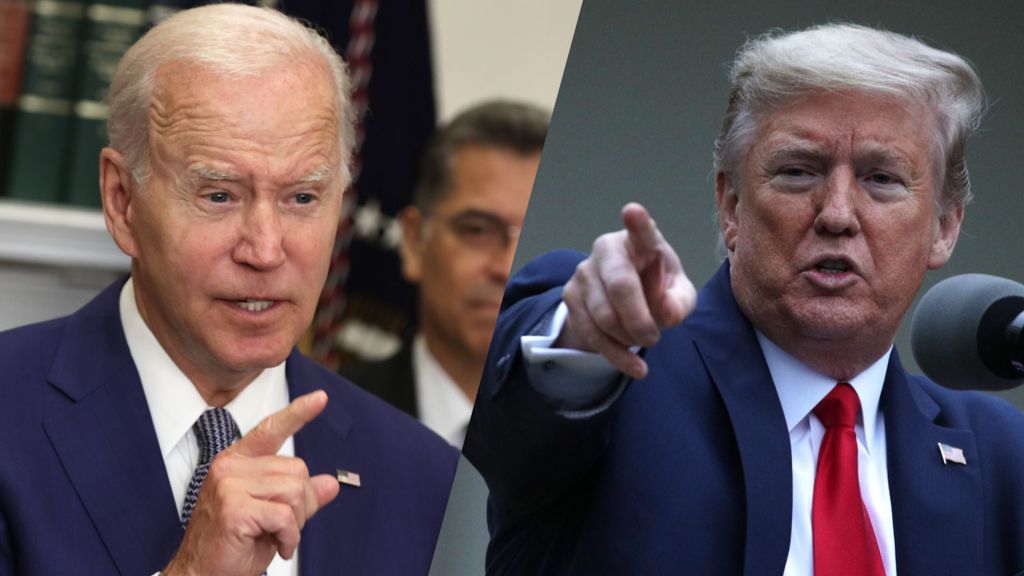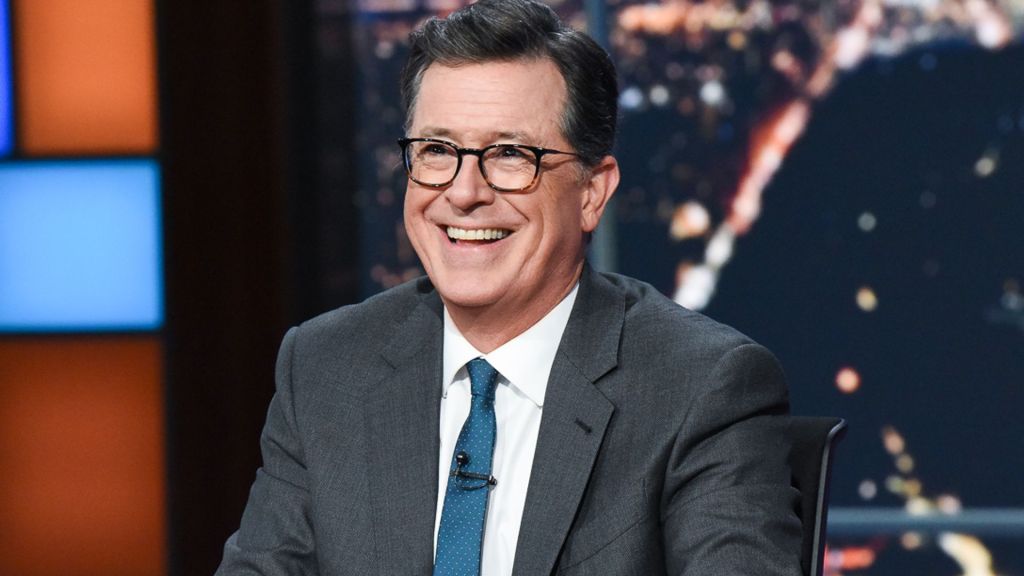
Ray Bogan says: Just 36% of Americans have faith in America system of government. That’s according to a new Monmouth University poll of US adults, that 36% is a precipitous drop from February 2020. When 55% said the system is basically sound, and an even larger drop from 1980, when faith in government was at 62%, its highest mark. Joining us now to discuss these findings is Patrick Murray, the director of the Monmouth University polling Institute. Patrick, thank you so much for joining us.
Patrick Murray says: It’s my pleasure, Ray.
Ray Bogan says: So Patrick, based on Monmouth research, what has so shaken America’s faith in our system of government in such a short amount of time?
Patrick Murray says: It’s a combination of factors. Certainly, when things aren’t going well, economically, then people lose faith that the government has their back. But obviously, we see some much more systemic issues at play here. Since the 2020. election, the attack on the Capitol on January 6 of last year, is certainly having a significant role. That’s when we started to see this this number creep downwards. And it continues to go down when it’s I think it says folks are learning new things about what has happened there. So it’s a combination of factors of just, you know, world’s not going well, to begin with, economically, but then we’re just learning all these things about, you know, as our as our government, you know, safe and secure. There’s been a number of unpopular decisions with the Supreme Court in the past few weeks. And I think altogether, we’re seeing a number that is, you know, really unusual. Unfortunately, we don’t have a lot of time points that we can compare this to you mentioned, the 1980 poll, which is actually where we got our question from. But I think it’s telling that it’s only recently that we’ve been really asking this question. And that I think it says a lot about the type of situation that we’re in right now as a country.
Ray Bogan says: So there was a recent Gallup poll that came out that had very similar results, they released the following numbers for people who either had a great deal, or quite a lot of confidence in these institutions. So in one year, from 2021, to 2022, the Supreme Court confidence dropped from 36 to 25%. The presidency went from 38 to 23%. And Congress went from 12% to 77%. I bring the Gallup poll up, because if the numbers are that low, then this lack of faith must be bipartisan, right?
Patrick Murray says: Yeah, absolutely. There are certainly some partisan differences. But when you look at the institutional issues at play here, these numbers have dropped among Democrats and Republicans. Overall, while we do see some differences, so So for example, when a Republican is president, more Republicans have trust in the presidency, when a Democrat is president, it’s the opposite. But both numbers have dropped in the past year, regardless of what their starting point was. And that’s the thing that I kept comparing this to, is that even if you if you take our partisan lens out of it, the partisan filter that that we have been using, particularly over the past five to 10 years to kind of evaluate everything in this country. That matter is that across the board, people are getting much more disenchanted, much less confident in the ability of the American system of government to do what it was designed to do.
Ray Bogan says: Now, I want to stick on that point for just one seconds, because I want to point out the demographics of your survey, you ask people to self report where they fall politically, and 43% said they’re independent. 31% said they’re a Democrat, and 26% said they’re Republican. Now, right now, we’re in the middle of the primary season for the midterm elections, when people will be voting for a member of their party who they want to represent in the general election. But once we get past this primary season, and we get closer to November, when you look at that 43% of the people in your poll being independent, how could independence lack of faith in their government impact the midterm elections?
Patrick Murray says: Well, here’s the problem with independents are people who call themselves Independents. That number has arisen in the mentioned it’s 43%. And it’s it’s around 40% or above 40%. In most polls, it was below 40%. If you go back seven or eight years, but it doesn’t mean people have become more independent, it it means that they’ve simply become more disenchanted with the identity of being part of a party. But when we actually drill down in this is what’s really interesting about it we drill down is that they still vote Democrat or Republican. They just don’t want to call themselves that. That’s how much they dislike the system. So what we’re really finding right now is that those independents know which side of the aisle that they lean towards, and if push comes to shove, they’ll go out into Vote. But they really don’t want to go out to vote because they’re really so disgusted with the system. And so it becomes much more an issue of not trying to convince the folks in the middle that you’re right to switch sides. It’s more of figuring out which of those independents are with you, and see if you can figure out a way to get them to overcome their disgust of the system and come out and vote for you. So it really is, again, this kind of this question that we always say about midterms, it’s all about turnout, is that even with his high number of independents, it’s still about turnout, because you’re not really going to switch anybody’s minds among independents. They already know. If you get them to the polls, whether they’re gonna vote Republican or Democrat. They just don’t want to go to the polls.
Ray Bogan says: Patrick Murray, the director of the Monmouth University polling Institute, thank you so much for joining us today. We appreciate your insight.






